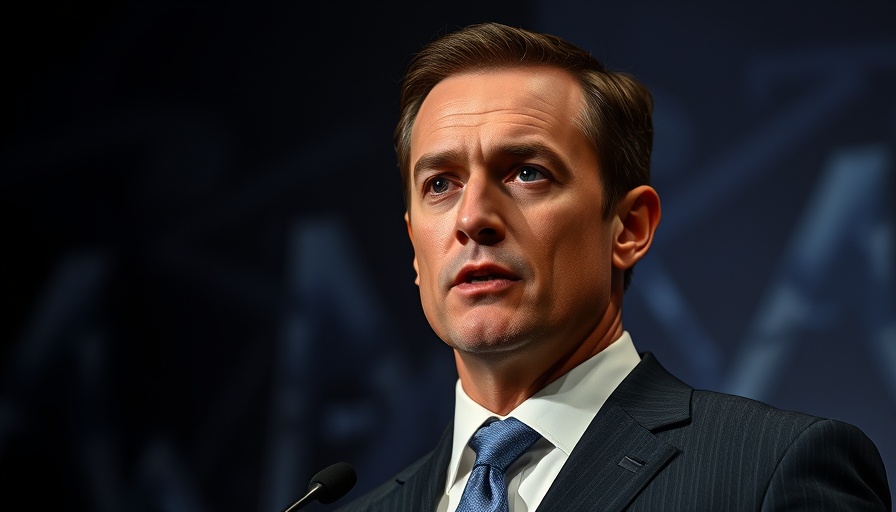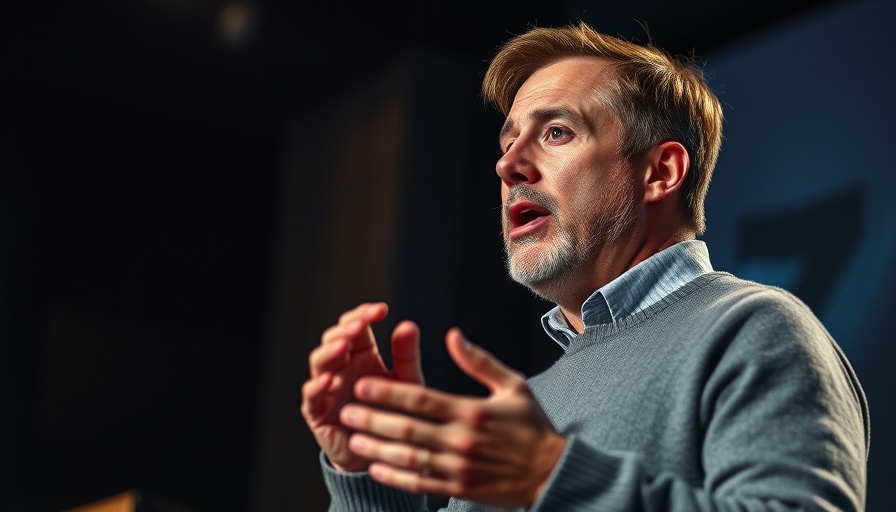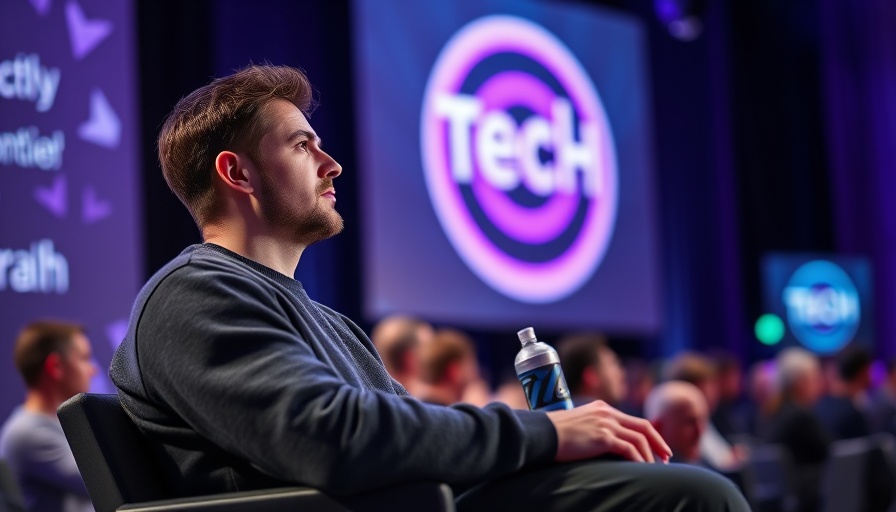
The Legal Landscape of AI and Copyright
In a landmark ruling on June 25, 2025, a federal judge has sided with Meta in a significant lawsuit concerning copyright issues surrounding AI model training. The lawsuit, spearheaded by notable authors including Sarah Silverman, claimed that Meta had unlawfully trained its AI models using copyrighted literary works. However, Judge Vince Chhabria issued a summary judgment favoring Meta, citing the "fair use" doctrine of copyright law. This precedent could notably influence how AI companies engage with copyrighted material in the future.
What Does Fair Use Mean?
The concept of "fair use" is pivotal in copyright law, allowing certain uses of copyrighted works without permission from the copyright holder. In this case, Judge Chhabria underscored that Meta's training process was transformative, meaning it did not merely reproduce the original works but rather changed them into something new through AI modeling. While this particular decision leans towards supporting tech giants, it is essential to note that each case can vary significantly, and not all AI-related uses of copyrighted materials are automatically legal.
The Importance of Market Impact in Copyright Cases
Judge Chhabria highlighted a crucial aspect of copyright litigation: the need to demonstrate that the usage of copyrighted content adversely affects the market for the original works. In the Meta case, the plaintiffs evidently failed to present adequate evidence showing how AI training diminished the authors' market. "The plaintiffs presented no meaningful evidence on market dilution at all," the judge stated, shedding light on a vital element of fair use that could guide future cases.
Parallel Cases and Their Implications for the Tech Industry
This ruling follows a similar decision favoring Anthropic, another AI company, which also faced a lawsuit regarding the training of its models on copyrighted texts. Together, these decisions signal a narrow but significant victory for the tech industry, as companies argue that leveraging existing works can lead to innovation and development of new technologies. However, this is not a free pass for all AI applications on copyrighted material; the rulings underscore the necessity for companies to be mindful of copyright issues and the significance of providing substantial market impact evidence.
AHedging Future AI Use Cases
The outcomes of these legal battles could shape the landscape of AI training for years to come. As the court clarifies what constitutes fair use in technology, both companies and content creators will need to find common ground. The tech industry is likely to continue lobbying for expanded fair use provisions while maintaining ethical standards that protect authors and creators. Additionally, the importance of having a well-documented argument and data to support claims of fair use cannot be overstated, especially as more cases emerge in this uncharted territory.
Diverse Perspectives in the Copyright Debate
The debate around AI and copyright is rich with varying opinions. While some argue that AI has the potential to democratize access to information and foster creativity, others express immense concern over the rights of authors and content creators whose works are being utilized without consent. This nuanced conversation brings forth ethical implications that companies must grapple with while navigating their AI strategies. With ongoing lawsuits against other enterprises like OpenAI and Microsoft, the churn in this sector indicates that the struggle to balance innovation with respect for intellectual property is just beginning.
Final Thoughts: The Path Ahead for AI Companies
As AI continues to evolve and integrate into various facets of society, the intersection with copyright law remains a hotbed for legal scrutiny. The recent decisions in favor of Meta and Anthropic signify a critical juncture in how technology engages with creative works. Technology companies must not only understand the legal frameworks they operate within but also recognize the broader implications of their actions on authors and the creative community as a whole. Moving forward, it is past time for a collaborative approach to ensure a sustainable future for both AI advancements and creative expression.
 Add Row
Add Row  Add
Add 




Write A Comment